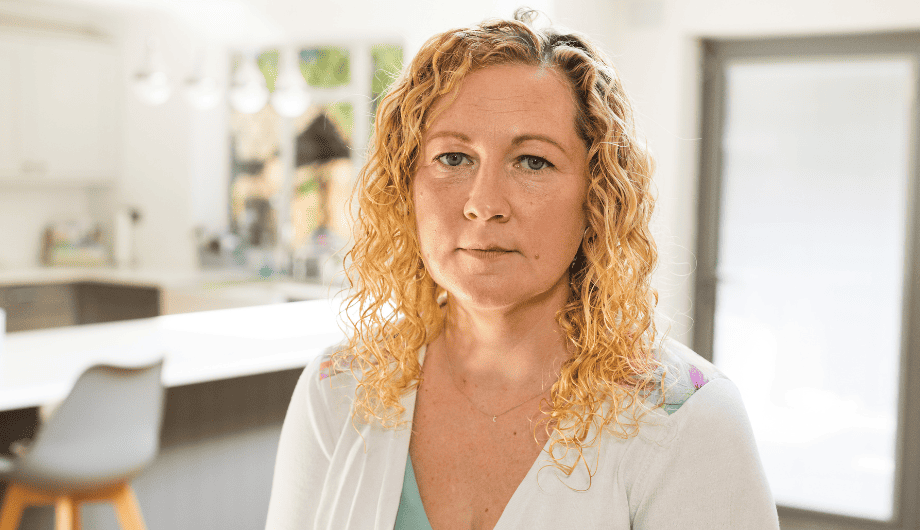
Saïna’s story – A song for my beloved grandpa, Ralph
Saïna opens up about how her grandfather’s dementia has affected her, and how songwriting has provided a release.
People with dementia may face many challenges in communicating with others. Here, we share tips on the small but important changes you can make to improve communication.
Communication is fundamental to our ability to express ourselves, and our relationships with other people.
We communicate not only through our words but also our body language, facial expressions and tone of voice – but people with dementia may have challenges with all of these forms of communication.
They may experience:
A person with dementia can often understand far more than they can communicate, so always try to involve them in your conversation.
Small changes in your approach can make a big difference. You could try:
You could also ask the person’s GP or specialist if a referral to a speech and language therapist might be beneficial.
If the person with dementia seems more confused than usual and is having more trouble communicating, it’s a good idea to visit their GP.
Sometimes, there may be another cause for their confusion, like an infection, constipation, dehydration or delirium, which could be treated.
As well as the challenges that dementia can cause with communication, many people with the diagnosis – especially older people – also have problems with hearing loss.
You can book a hearing test with many large pharmacies or opticians (these are often free of charge), but depending on the progression of the person’s condition, it may be better to ask the GP for a referral to a hearing specialist (audiologist) who has experience of working with people with dementia.
If you have any questions or concerns relating to dementia, call our free Dementia Helpline on 0800 888 6678 (Monday-Friday 9am-9pm, Saturday and Sunday 9am-5pm), email helpline@dementiauk.org or you can book a virtual appointment with an Admiral Nurse via phone or video call.
Our virtual clinics give you the chance to discuss any questions or concerns with a dementia specialist Admiral Nurse by phone or video call, at a time that suits you.

Saïna opens up about how her grandfather’s dementia has affected her, and how songwriting has provided a release.

Ricky’s talks about how his Gran’s dementia diagnosis impacts his whole family and why he is supporting the ‘We live with dementia’ campaign.

As a carer for her mum, who has vascular dementia, Clare is taking part in our ‘We live with dementia’ campaign to make more people aware of the support our nurses offer.